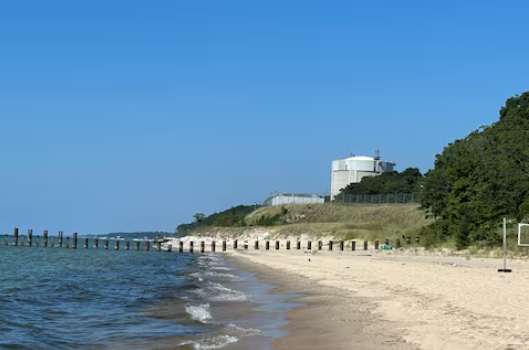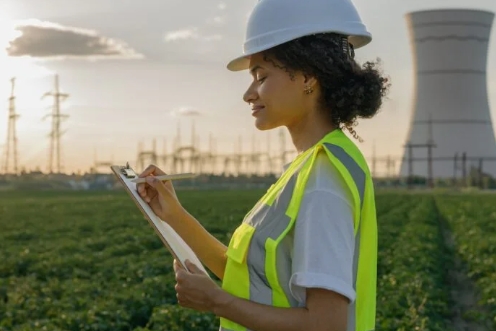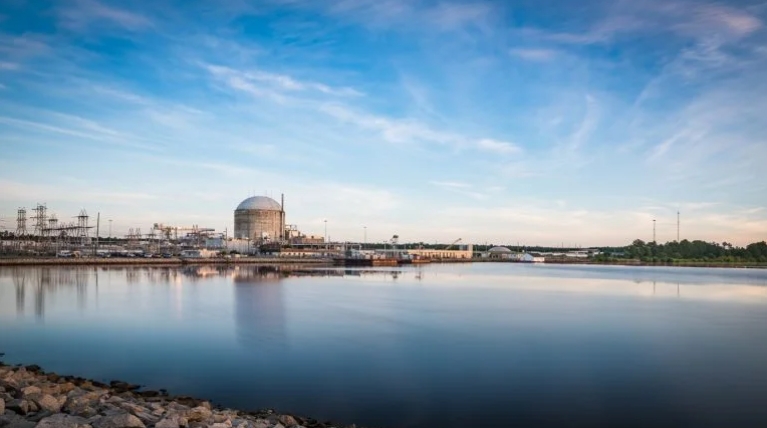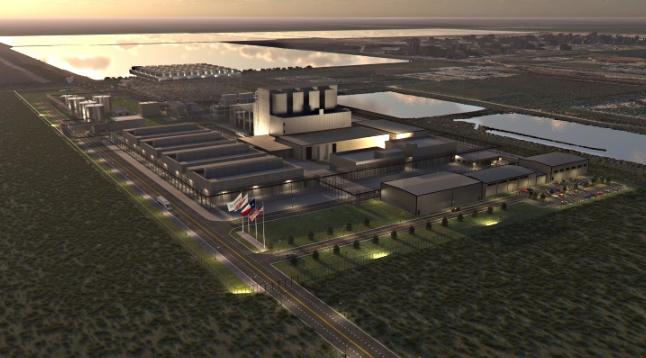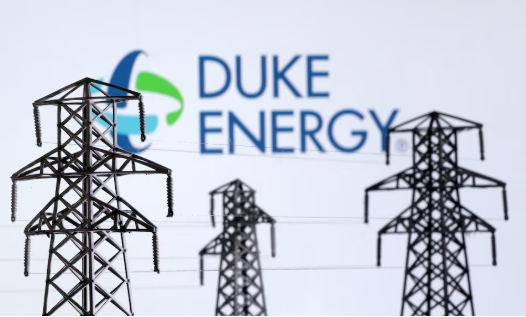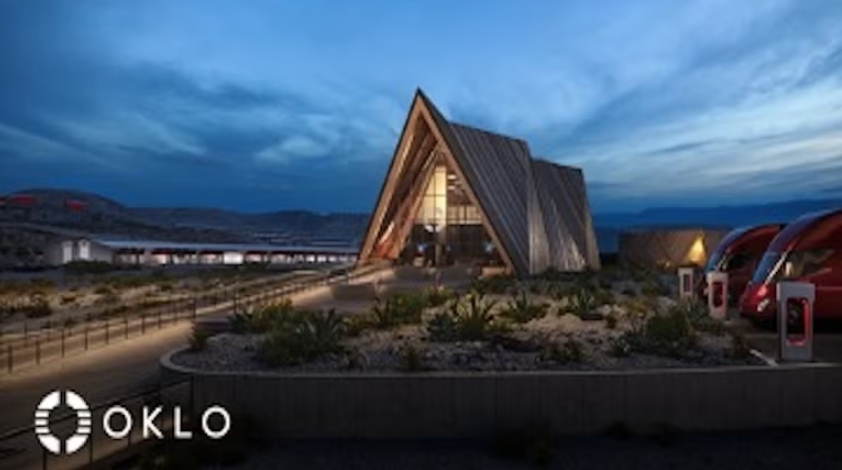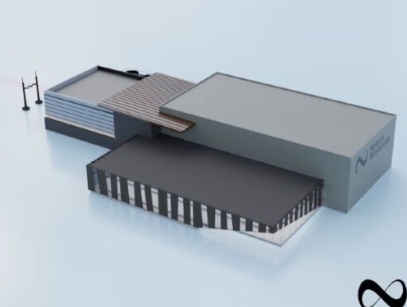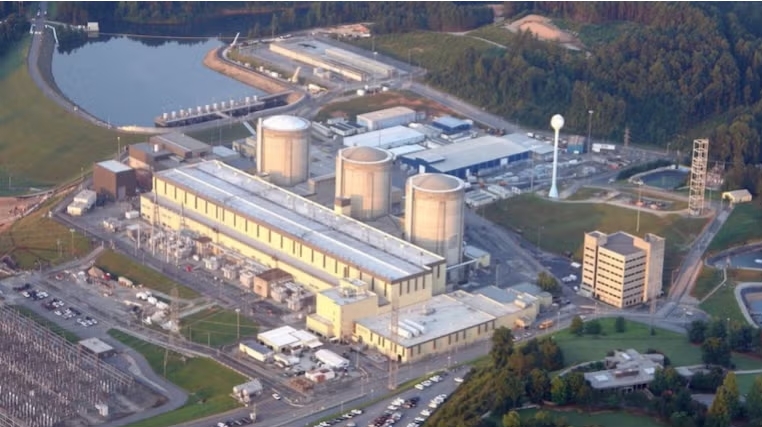A new round of talks on reviving the Iran nuclear deal will begin on 27 December, the EU said today.
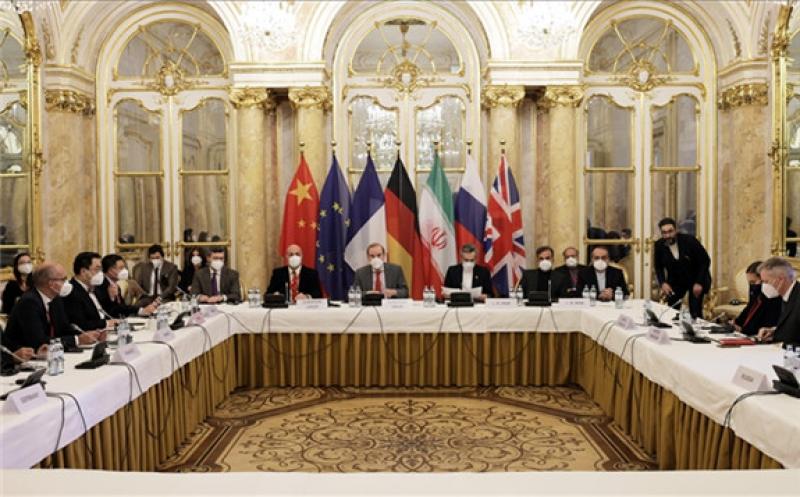
The eighth iteration of discussions that aim to lift US sanctions and return Iran to nuclear compliance come after Washington described the most recent bout as better than expected, and Tehran reached a deal with UN nuclear watchdog the IAEA about monitoring at a key centrifuge facility. A successful conclusion to the talks could eventually lead to Iranian crude being available on global markets once more.
"The joint commission will meet to discuss and define the way ahead," the EU's senior envoy Enrique Mora said today. "Important to pick up the pace on key outstanding issues and move forward, working closely with the US." The EU is a party to the joint commission, along with the US, Iran, the UK, France, Germany, China and Russia, as part of the Joint Comprehensive Plan of Action (JCPOA).
The talks in Vienna are being conducted with intermediaries between the US and Iran, who have not yet met face to face since discussions resumed under US president Joe Biden. His predecessor, Donald Trump, withdrew from the deal in 2018, after which Tehran dialled back its compliance, and the US remains concerned that Iran's progress in its nuclear programme brings it closer to a theoretical threshold when it could have enough enriched uranium for a functional nuclear weapon.
Russia's foreign minister Sergei Lavrov this week said the most recent achievement in Vienna had been broad agreement on a text that will serve as a basis for continued negotiations.
"There were problems of image rather than problems of substance, like who should be the first to say I have come back to honouring obligations," Lavrov said. "Iran believes that if the US has decided to honour its obligations and stop threatening with sanctions… then there is a chance.
"It is important to bear in mind that the principle which is the basis of negotiations is as follows: Nothing is agreed until everything is agreed. We need a comprehensive package of documents," he said.
Restoring the nuclear deal in its original form could add 1.5mn b/d of Iranian crude to global supply, but given the drawn out process that the talks have become it is unlikely that this will happen, even with a successful outcome, before the second half of 2022.
